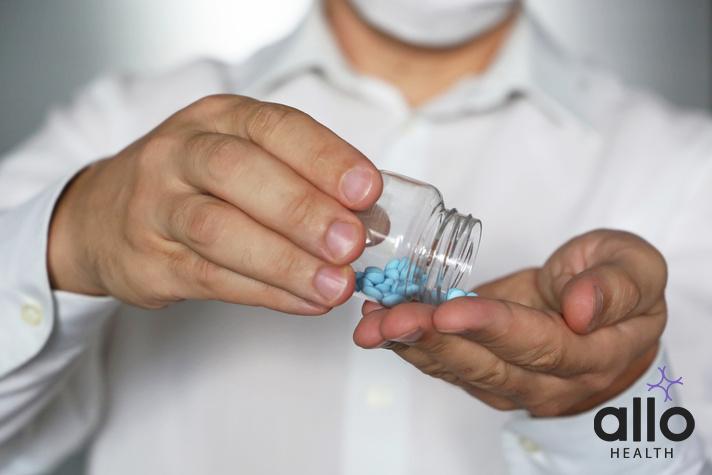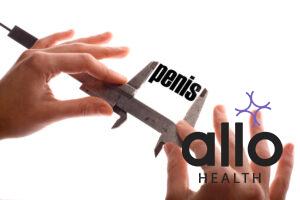Premature Ejaculation Management Techniques

Dealing with premature ejaculation can be quite disheartening, especially when it consistently disrupts your intimate moments. But fret not, as there are effective strategies to tackle this issue. Firstly, let’s talk about the start-stop technique. It’s like driving a car; when you feel yourself reaching the edge, simply take your foot off the pedal, allowing the excitement to simmer down before picking up speed again. Additionally, think of foreplay as the appetiser before the main course. Just like savouring each bite of your favourite dish, indulging in extended foreplay can build anticipation and prolong the pleasure.
Moreover, consider exploring different sexual positions akin to trying out various dance moves. Some dances are slow and sensual, while others are more upbeat and intense. Likewise, certain positions offer more control and less stimulation, allowing you to dictate the rhythm and pace of your lovemaking. Communication with your partner is paramount, akin to navigating through a challenging maze together. Openly sharing your thoughts and desires creates a supportive environment where both of you can work towards mutual satisfaction.

Furthermore, making lifestyle adjustments is key. Think of exercise, a balanced diet, and sufficient rest as the pillars of a sturdy castle. Strengthening these foundations fortifies your overall well-being, including sexual health. Also, reducing alcohol consumption and bidding farewell to smoking can significantly enhance your performance in the bedroom.
However, if these self-help strategies don’t yield the desired results, don’t hesitate to seek guidance from a professional. Much like consulting a skilled navigator when lost at sea, a healthcare provider or sex therapist can offer tailored advice and recommend personalised treatments to help you navigate through the challenges of premature ejaculation.
To overcome premature ejaculation, practice techniques like the start-stop method and prioritise extended foreplay. Experiment with different sexual positions and make lifestyle changes such as exercising regularly and reducing alcohol intake. Seeking professional guidance is advisable if self-help strategies don’t suffice.




